How To Get The [Best] Shot
If you’ve been following my blog you may have seen ‘How I Got The Shot…’ a series of 10 images where I showed you all the weird and wonderful positions I utilised to get them. I was looking through those images today and realised I’d run out! Don’t get me wrong, I do something similar almost every time we shoot, the problem is that Verity so rarely has a chance to grab a shot of me in situ. I think 10 probably makes the point anyway really. Anyway it got me thinking about doing a proper post on the subject and talk about how to make your photos better!
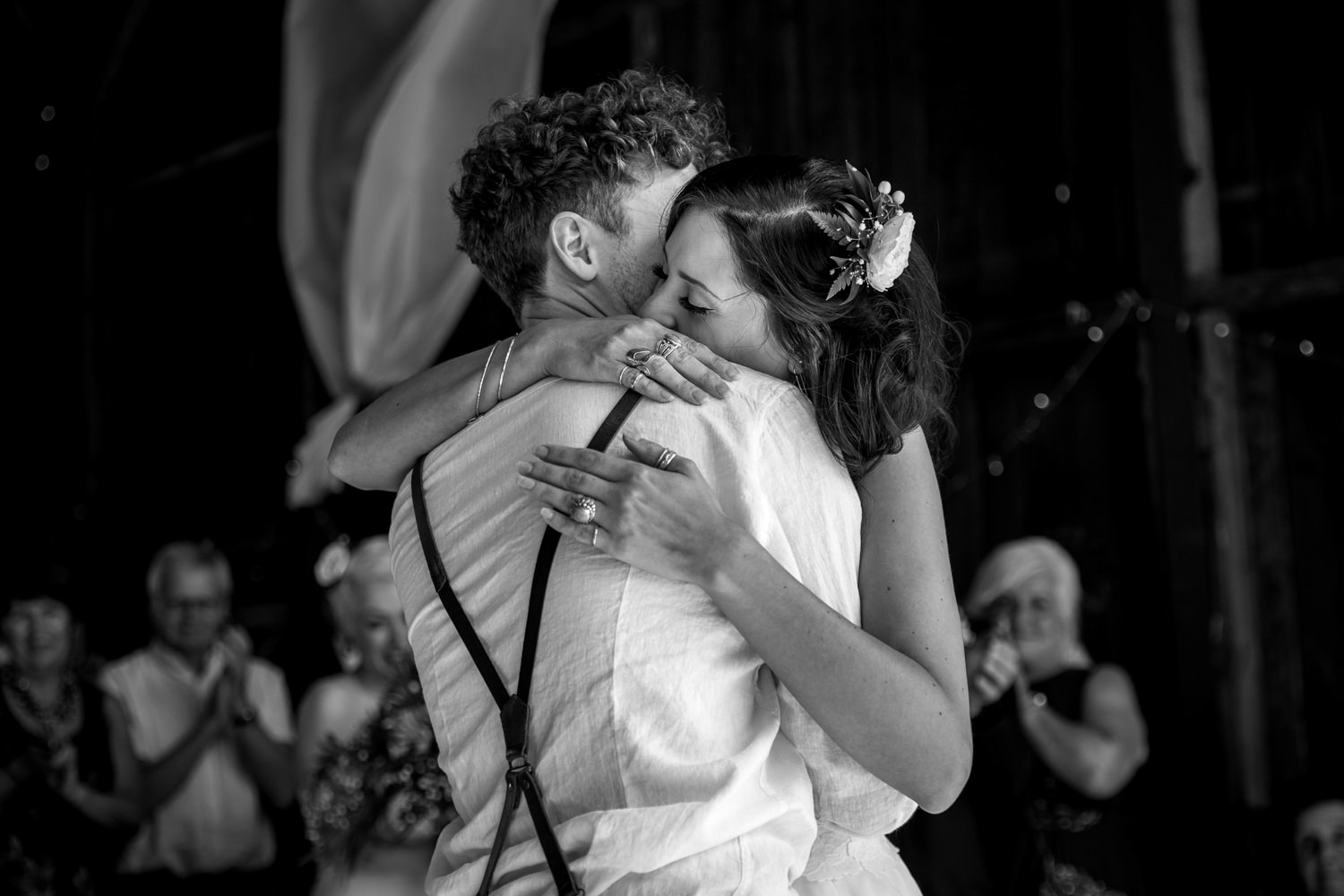
Don’t be THAT photographer
You know who I mean, the photographer that asks the bride and groom to stand on the edge of a certain death fall for a better angle, the one that stands in the middle of a busy road in downtown New York to get the traffic blurring right by the lens.
This friggin’ dude:
Yep, this guy hopped across a gap to get a better angle, then hopped back over after downing a 6 pack of beers. A several hundred foot drop below, one hand carrying a tripod and camera, the dude was wearing FLIP FLOPS for fecks sake!
In fairness, this guy sauntered through it all like a boss, but even the best climbers in the world have slip ups. Throughout this article I focus on getting the best shot, but seriously guys, it’s not worth getting at ANY cost. There was a story a few years back about a photographer who got a bride to go in a river for a trash the dress shoot, the water pulled the dress down and things went seriously wrong very fast. Again, not worth it for a photo!
Have fun, get cool angles and try new things, but stay within your limits and be safe!
Get High, Get Low, Get Near, Get Far, Get Close Get Dirty
Especially the last one in my case.

When I got married I really wanted a nice designer suit, not anything ridiculous but a brand that I particularly liked – something to hang on to. The best bit was that I wore a full suit to weddings back then, so I justified the frivolous expense by saying ‘it’s ok, I’ll wear it every week for work!’
And for a whole 5 months I kept my word and got my moneys worth out of that suit. It turns out nice suits aren’t really intended for climbing up trees to straddle a branch in the rain at 10PM with a bride and groom standing underneath me as I shouted out where I wanted the flash moving to my wife. And of course every other down and dirty position I could get into at a wedding, on the floor of the aisle, standing on windowsills, lying down in gravel.
Although for what it’s worth the shot in the dark with me straddling a soaking branch (Which – by the way – did a fantastic job of making it look like I’d peed myself by soaking my crotch…with 2 hours of dancefloor shooting to go!) did come out pretty cool.
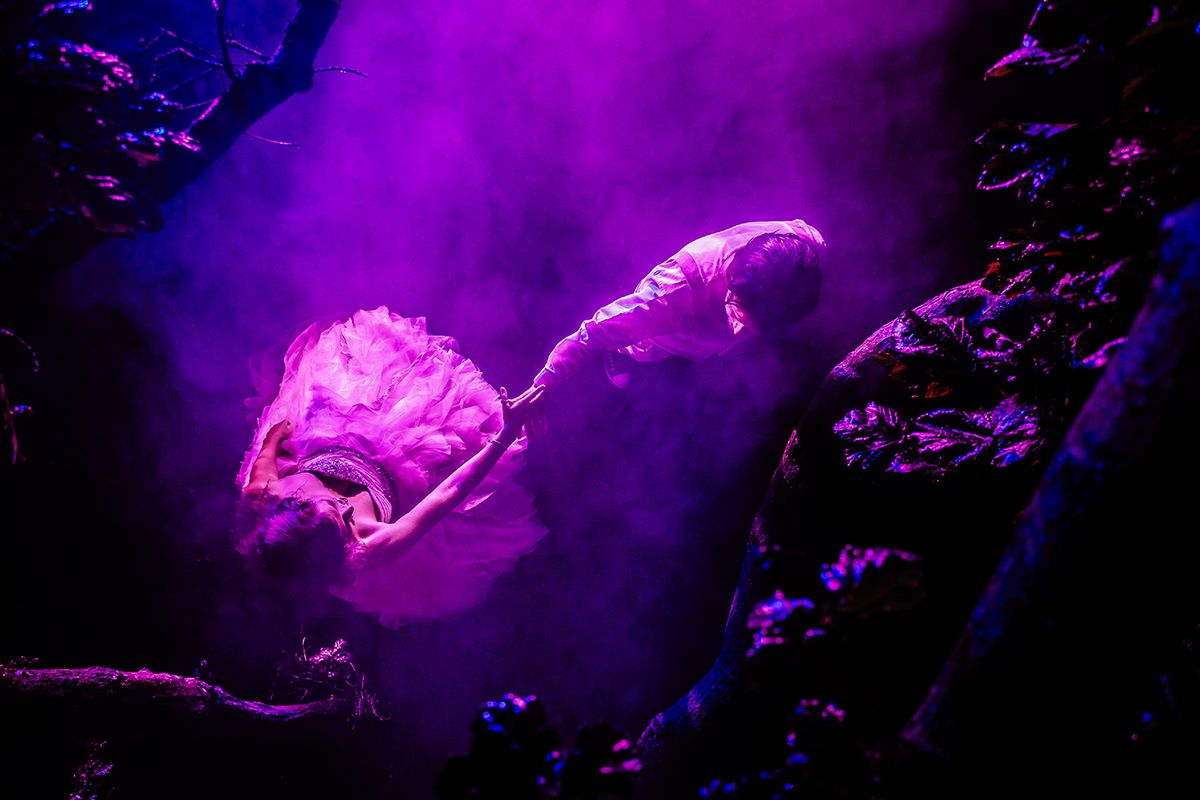
High/Low
Anyway the whole ‘Get high, get low…’ thing is a great mantra to repeat to yourself if you’re not quite sure how to make your shot better. It’s not really a case of saying that you know what ‘getting low’ will look like through the viewfinder, it’s more like saying ‘let’s find out!’.
Use these as starting points, get yourself really low down and see how different the scene looks. What have you emphasised and what have you subdued? If it works, awesome, if it makes things worse not to worry, maybe getting high will help? [Maybe we should call that one getting ELEVATED to avoid confusion?]
It’s amazing how much difference elevation makes to a shot. Sometimes it’s really subtle, the difference between shooting a portrait above eye level or below it. In Film one of the classic ways of shooting is to frame someone in a position of power from a low angle – looking up at them to give that impression of power, or conversely shooting a weakened character from a high angle, looking down at them to make them smaller.
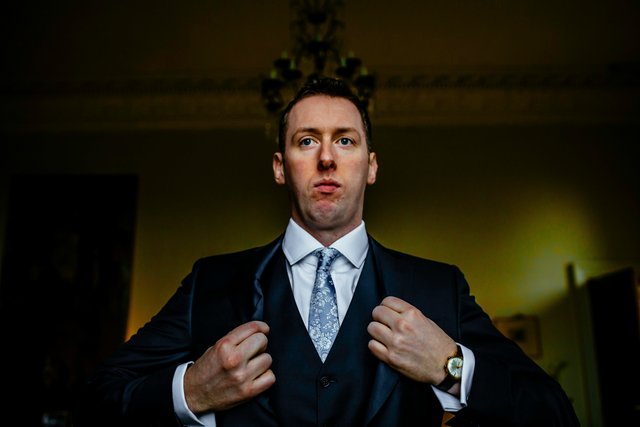
In particular if you’re shooting people it’s worth remembering this. That’s not to say you won’t mix things up and shoot both high and low angles, but understanding the subconscious message you’re sending in the shot is crucial to really great portraiture. Even if you’re not photographing people extreme high and low angle shots can be used to great effect. There’s nothing worse than seeing a photographer taking everything from their eye level! Crouch down, just bend down a bit even! Climb on walls and seats, just try different heights! I mean come on, what are the odds that you happen to be the exact perfect height for every shot?
Near/Far
You’ve guessed where I’m going with this one right? Good! I’ll keep this one as brief as I can (I do like to waffle!)

Sometimes you just have to experiment, like I talked about above. It’s more hassle, it often doesn’t work out how you want it to, but it’s amazing how many times you take a step back from a shot – and I mean a real step back, like 50 meters back! Start further away than is necessary so you can evaluate the scene from every angle! I love shooting like this, or sometimes in reverse, starting close up then backing away to get the shot. After all every lens makes a scene look different, longer lenses flattening the scene while wide’s create maximum separation.
Close/Dirty
Dirty’s easy, just don’t be afraid to get your trousers muddy, your feet wet or your hands cold. If you’ve gone to the effort of finding something you want to not just take a picture of but MAKE a picture of, then it’s worth getting a bit dirty for! I’ve walked back from so many locations with wet shoes and socks (If I’m LUCKY! Most of the time my trousers are soaked through too!)
So that’s dirty sorted, get out there and get stuck in, if you’re heading out for a shoot then dress for the occasion, dress down! – Side note – I realise if you’re working as a professional it’s not always easy to dress down, but there are loads of options out there for hard wearing clothes that look smart enough to blend in at something like a wedding!

But what about ‘Close’?
For me getting close is all about putting yourself right in there to get the best shot, even if you feel uncomfortably close. ESPECIALLY if you feel uncomfortably close. Street photography is a great example of this, the true greats find a way to make themselves as inconspicuous as possible yet get themselves as close to the action as they can. Being a photographer is all about getting it into your head that you’re there to take the shot, that you’re MEANT to be there to get the shot. Your subjects don’t have to think you’re ‘meant’ to be there, but you certainly need to believe it!
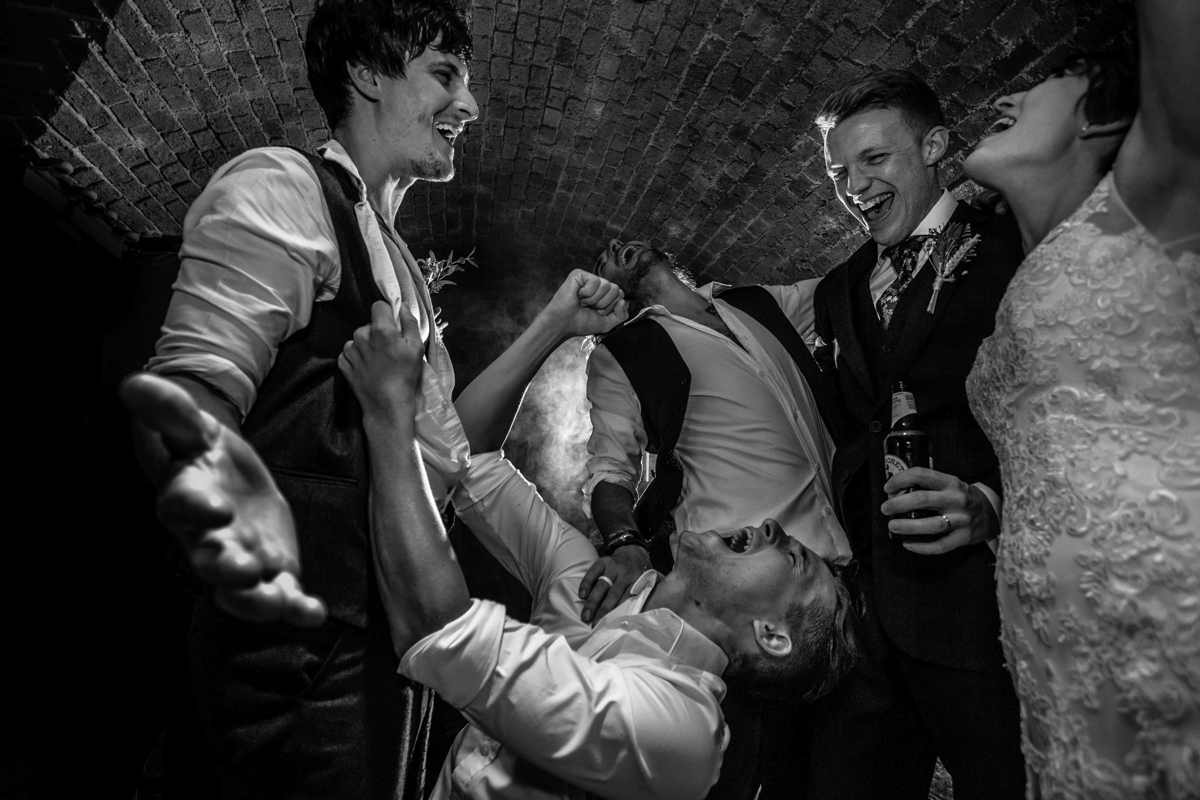
Might as well keep Experimenting
We talked about working every angle and getting the most out of your scene, so why not your camera? This isn’t just about experienced photographers using different apertures or shutter speeds, in fact this is one that’s great for beginners too. Trying to get more than one shot from essentially the same angle or location. I mean as different at possible, the difference between shooting foreground interest with your lens at f/1.8 and shooting the whole scene at f/14.
.jpg)
Often something like the f/1.8 foreground interest shot won’t end up being the shot you’re really looking for, but it keeps you engaged with the scene enough to start to develop your own idea of what story you’re trying to tell with your image. Likewise with shutter speed, the beginners out there may be unfamiliar with the idea of using a slower shutter speed to deliberately introduce blur. Or panning with your subject for maximum separation.
Often slower shutter speeds seem tricky to work with to beginners, the secret is really quite simple. There’s a little bit of luck involved! Even for the professionals. Panning type shots always run the risk of not working out, but the thing with those kinds of shots is that when they DO work out, they tend to look pretty damn special!
Tell the story
Sometimes we don’t want or need to tell the story in one shot, if you’re shooting for your own memories then it’s great to have a series of images that, together, tell a story. But if we’re talking about elevating your images, as SINGLE images, then we have to talk about telling a story. In typical creative fashion that story can be anything you want, from the story of a beautiful sunrise to a story of a stranger on the street.
What do I mean by telling a story? I mean getting in as much as you possibly can to convey a theme, a feeling, a narrative or any spin you want to put on your art. I’m not just talking about going wider to get everything you can in the shot, I’m talking about evaluating the scene and looking at what WORKS and what DOESN’T. Sometimes you’ll need to zoom in to look past an unwanted distraction, you might need to get high or elevated to hide or reveal something in the scene.
Look at your image as a whole, don’t just get distracted by the focus of your attention. So often I look back at shots and see great images ruined by people in the background who just aren’t engaged in what’s going on. Sure, you can clone or burn unwanted elements in post, but it’s always best practise to try and get a shot as close to perfect IN camera as you can.

Think about the Rules
You know the ones, general ‘rules’ of composition, the rule of thirds is probably the one that most people will have heard of. If you’re like me, that is rather analytically minded, you may have studied these rules. As a teenager I spent a whole summer learning the rules, that and working for my dad to save up for my first DSLR. I loved it, I felt like if I learned all there was to learn, I’d pick up a camera and be friggin’ awesome at it.
I’m still glad I learned those rules, and I would encourage all of you to learn as much as you can about photography’s ‘rules’.
Then forget the whole lot.
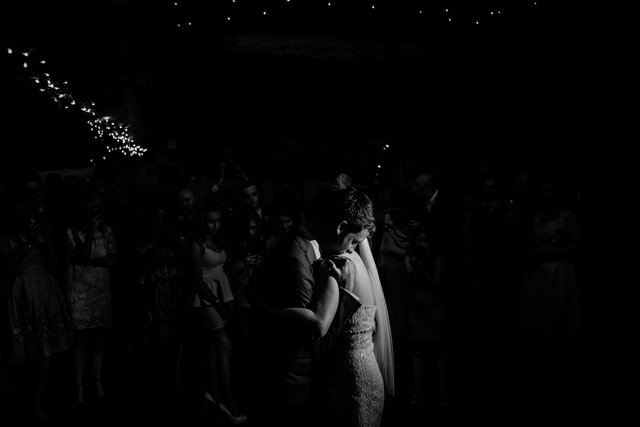
I don’t really mean that, I place points of interest on the third lines all the time, loads of people do, it just looks nice! If you get a chance have a look at basically anything by Sam Esmail, you may have already seen Mr Robot. The first thing I saw by Sam Esmail was the breath taking ‘Comet’, I can’t remember the last time I watched a film and was quite so captivated from start to end by everything on screen. What struck me most was the way he frames his subjects, it’s exactly how I love to frame subjects at weddings. I’m not saying I have his genius, but the way we shoot people is almost identical. True, I spend a lot of time getting what I know is more commercially viable for weddings, but every couple gets a lot of shots that I love, shots with the subject at the extremes rather than on the thirds.
I have a point…honestly
But what does Sam Esmail have to do with anything? Mr Esmail loves to frame his subjects deliberately off centre, or to extremes, past the third lines and right on the edge of frames. I very much doubt someone like him HASN’T heard of the rule of thirds, but he actively breaks that rule with a clear and deliberate motive. In just the same way countless films break the ‘4th wall’ and talk to the audience. Another of my favourite films is 2005’s ‘Stay’, directed by Marc Forster. One scene in particular, where Ryan Gosling’s increasingly unstable character is talking to Ewan Mcgreggor and the camera breaks the ‘180’ rule.
The 180 rule essentially states that shots should all be taken from the same side of an imaginary line that goes through the scene. In a conversation we see the left side of one persons face, and the right side of the other persons. When we break the 180 rule we see each character from the same side, confusing the audience if the two shots are cut together. Sometimes it’s good to confuse the audience though!

I digress. As usual. The point is it’s GOOD to know everything you can about your camera and photography in general. Sometimes it’s just too crappy outside to go out taking photos, or you just don’t feel inspired. The truth is there’s a lot you can do to make your shots better from the comfort of your own home, it’s all about familiarity and comfort. If you’re familiar with your camera, it gives you the freedom to experiment and push yourself out of your comfort zone!
Get Out There and Shoot!
This is always going to make your shots better! It’s the usual advice and as usual it’s the most important! Have fun, stay safe, take great shots, and Get Dirty!

As always, all photos are my own and copyright belongs to me.
Please RESTEEM if you like my work. Please Upvote my work to help support my content on Steemit
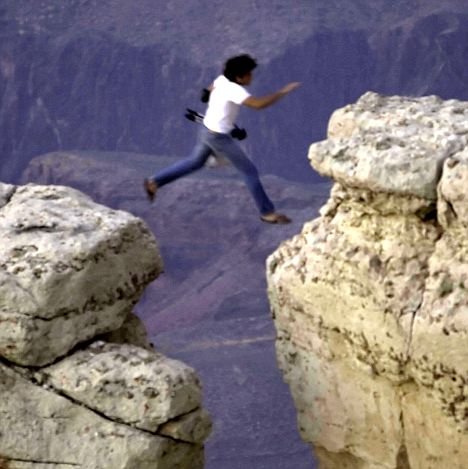
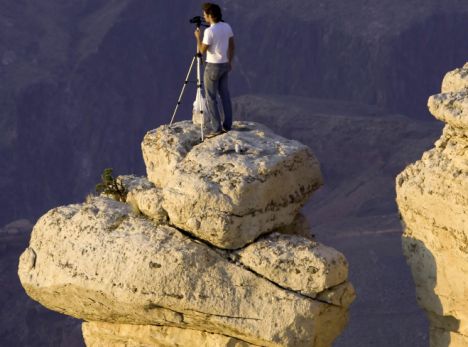
A lot of photographers need to check your article. Some gold in here...
Downvoting a post can decrease pending rewards and make it less visible. Common reasons:
Submit
Thanks man, it's a bit hit and miss with how many people I can reach but hopefully it will get there!
Downvoting a post can decrease pending rewards and make it less visible. Common reasons:
Submit
I followed (but of course) and resteem it
Downvoting a post can decrease pending rewards and make it less visible. Common reasons:
Submit
Thanks man! It feels slow work sometimes, it's pretty up and down with how many people I reach but it's getting there :)
Downvoting a post can decrease pending rewards and make it less visible. Common reasons:
Submit
It’s difficult I know. Something I want to post on steemit is a series of money saving actions and passive income resources that has been tested by me and work, but I will wait a bit more so to have more followers. As you said. Whenever though I see a post from you worth reading by my followers, I will defined resteem it!
Downvoting a post can decrease pending rewards and make it less visible. Common reasons:
Submit
@originalworks
Downvoting a post can decrease pending rewards and make it less visible. Common reasons:
Submit
Thanx for the useful info! I followed you and upvoted. Maybe you wanna check out my acc? And maybe even upvote if you like content there :D
Downvoting a post can decrease pending rewards and make it less visible. Common reasons:
Submit
Lots of good information here! Thanks for sharing. I second shot several weddings last summer and will be doing two on my own this summer, so trying to soak up all the knowledge I can! :)
Downvoting a post can decrease pending rewards and make it less visible. Common reasons:
Submit
Thanks dude, glad you enjoyed it! Weddings are mental but awesome to shoot!
Downvoting a post can decrease pending rewards and make it less visible. Common reasons:
Submit
Also, just saw your @photofeed project, great work! I realise this post is probably totally ineligible but added the tag anyway :) will definitely use it from now on!
Downvoting a post can decrease pending rewards and make it less visible. Common reasons:
Submit
Thanks! Glad to have you involved. Hope to see you on our page soon! ;)
Downvoting a post can decrease pending rewards and make it less visible. Common reasons:
Submit
Thanks man, out of interest I take it it's mainly intended for single image posts?
Downvoting a post can decrease pending rewards and make it less visible. Common reasons:
Submit
Not necessarily! We're just trying support good photography in whatever form it might be.
Downvoting a post can decrease pending rewards and make it less visible. Common reasons:
Submit
wow excellent post :) very nice photos. love it. congratulations my friend
Downvoting a post can decrease pending rewards and make it less visible. Common reasons:
Submit
Thank you so much :) always great to have your support!
Downvoting a post can decrease pending rewards and make it less visible. Common reasons:
Submit
wow...very nice blog... very educational...ill keep this in mind...thank you for sharing your passion
Downvoting a post can decrease pending rewards and make it less visible. Common reasons:
Submit
Thank you :) Really glad you enjoyed it!
Downvoting a post can decrease pending rewards and make it less visible. Common reasons:
Submit
Great post and photos, and I particularly like the behind-the-scenes shots: the angle from which a photo is taken can make or break the final result and take it from mundane to extraordinary as you have shown.
Downvoting a post can decrease pending rewards and make it less visible. Common reasons:
Submit
Thank you so much Edward :) It's definitely worth the uncomfortable angles!
Downvoting a post can decrease pending rewards and make it less visible. Common reasons:
Submit
For sure!
Downvoting a post can decrease pending rewards and make it less visible. Common reasons:
Submit
I am not photographer but I do have friends among them, and no one ever told me a 10% of what you written here. Thank you for making this great post and making it easier to learn about some interesting staff. I will read it again for sure!
Downvoting a post can decrease pending rewards and make it less visible. Common reasons:
Submit
Thank you, that's awesome to hear :) I'm glad it has been (and may continue to be) of help!
Downvoting a post can decrease pending rewards and make it less visible. Common reasons:
Submit
Great post, well written and very informative. Thank you.
Downvoting a post can decrease pending rewards and make it less visible. Common reasons:
Submit
You're most welcome!
Downvoting a post can decrease pending rewards and make it less visible. Common reasons:
Submit